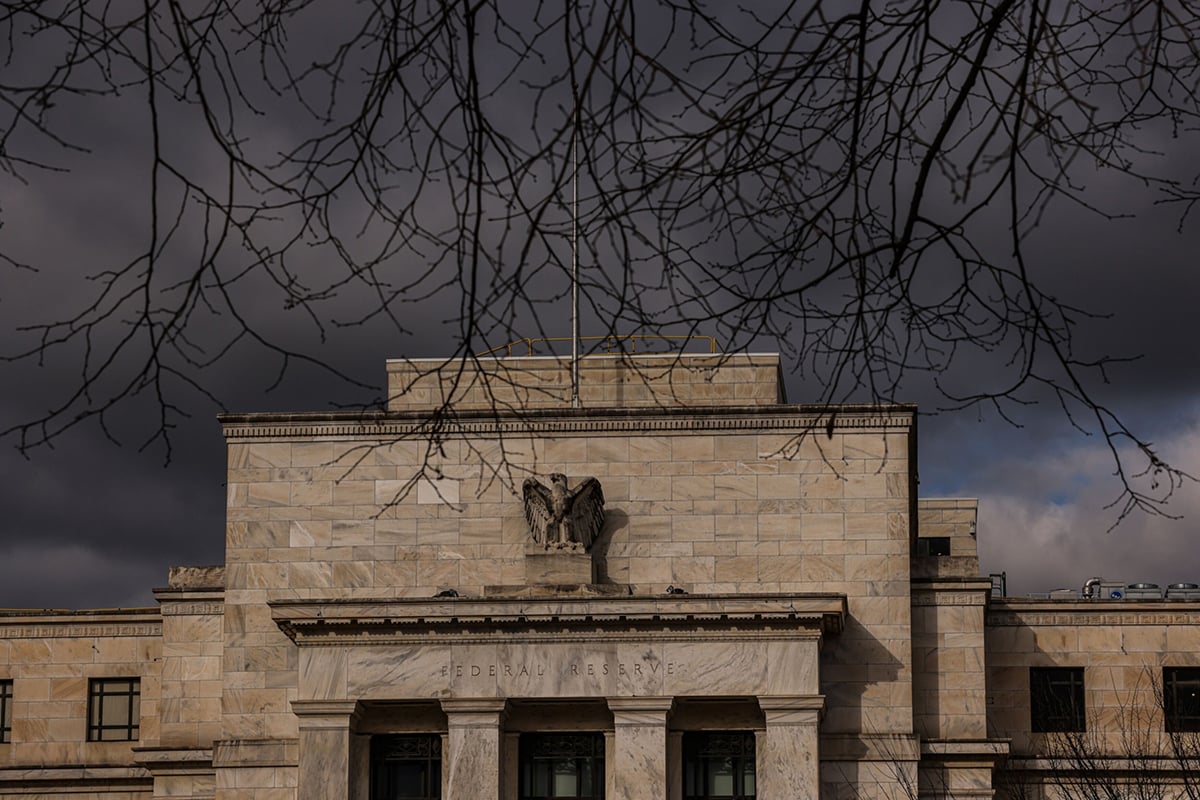The U.S. House of Representatives rejected a two-month extensionof an expiring payroll tax cut, escalating a clash with the Senateand President Barack Obama that may result in smaller paychecks forworkers in January.
|In a 229-193 vote, the House requested formal negotiations on apayroll tax cut extension with the Senate, where Democratic leaderssay they won't discuss a year-long agreement until the short-termdeal is completed. All House Democrats joined seven Republicans invoting against the Republican rejection.
|The impasse might hurt consumer spending and economic growth. IfCongress can't reach agreement, the 2-percentage- point payroll taxcut would expire Dec. 31 and workers' paychecks would be reduced.Expanded unemployment benefits also would expire, and doctors wouldreceive smaller Medicare reimbursements starting in January.
|“Our economy is too weak and the American people have beenstruggling for far too long” for Congress to come up short of anagreement, said Representative Dave Camp, a Michigan Republican andchairman of the House Ways and Means Committee. “We have two weeksto find a solution.”
|White House spokesman Jay Carney called the House vote “mostunfortunate.” He said the president shouldn't need to be a“marriage counselor” between the House and Senate.
|Most lawmakers agree that the tax cut should ultimately beextended through 2012. They differ on how to cover the cost to theTreasury and on what other policy changes should accompany theextensions.
|Over the past two weeks, those disagreements have ballooned intoa high-stakes partisan power struggle. Each party is preparing toblame the other if the tax cut expires and they begin discussingretroactive laws.
|“You have said many times that Congress must do its work beforetaking vacation,” House Speaker John Boehner wrote in a letter toObama today. “Because we agree, our negotiators and the House standready to work through the holidays. I ask you to call on the Senateto return to appoint negotiators so that we can provide theAmerican people the economic certainty they need.”
|Democrats maintain that the best way to provide certainty wouldbe to pass the two-month extension and then work on the longer-termproposal.
|'Unconscionable'
|In a statement issued after today's vote, Senate Majority LeaderHarry Reid called the House action ''unconscionable'' and againinsisted he wouldn't negotiate until the two-month tax cutextension is passed.
|''As the clock ticks towards a middle-class tax hike, I wouldimplore Speaker Boehner to listen to the sensible SenateRepublicans and courageous House Republicans who are calling on himto take the responsible path,'' he said.
|Failure to enact the legislation would reduce economic growth by1.5 percentage points in the first half of 2012, according to aforecast by Michael Feroli, chief U.S. economist at JPMorgan Chase& Co. in New York. The world's largest economy will grow at anaverage 1 percent annual pace in the first six months of the yearshould the tax cut lapse, or by 2.5 percent if it's extended,Feroli said in a Dec. 16 note to clients.
|House Republicans maintain that a two-month extension of the taxcut passed by the Senate 89-10 on Dec. 17 would fail to provide thecertainty that businesses need and would cause administrativehassles for payroll providers and employers. They have said they'rewilling to work through the rest of the year to reach anagreement.
|House leaders haven't announced formally whether all of themembers will stay in Washington, or whether they will be free toleave after votes are concluded today.
|Illinois Representative Peter Roskam, the chief deputyRepublican whip, said he expected that leaders would advise Housemembers to keep their schedules flexible and be prepared to returnto Washington if needed on short notice.
|Robert Aderholt, an Alabama Republican, told reporters that heexpected to come back next week.
|''We're standing on principle,” he said. “We're trying to getthings done through regular order. I'm very comfortable defendingthat position.”
|The House-passed bill, which includes a year-long extension ofthe tax cut, cost $202.4 billion in forgone revenue. The partiesdisagree on how to cover the cost of the bill so that it doesn'tadd to the federal budget deficit. The payroll tax funds SocialSecurity. It also included spending cuts, such as a pay freeze forcivilian federal employees and Medicare premium increases forhigh-income taxpayers.
|$33 Billion
|The Senate's $33 billion bill would require Obama to make adecision within 60 days on TransCanada Corp.'s Keystone XL oilpipeline. The bill's cost is covered by raising the guarantee feesthat Fannie Mae, Freddie Mac and the Federal Housing Administrationcharge to lenders for new mortgages.
|Senators' attempt to negotiate a year-long extension or even an11-month extension fell short because lawmakers couldn't agree onhow to pay for the provision.
|Bloomberg News
|Copyright 2018 Bloomberg. All rightsreserved. This material may not be published, broadcast, rewritten,or redistributed.
Complete your profile to continue reading and get FREE access to Treasury & Risk, part of your ALM digital membership.
Your access to unlimited Treasury & Risk content isn’t changing.
Once you are an ALM digital member, you’ll receive:
- Critical Treasury & Risk information including in-depth analysis of treasury and finance best practices, case studies with corporate innovators, informative newsletters, educational webcasts and videos, and resources from industry leaders.
- Exclusive discounts on ALM and Treasury & Risk events.
- Access to other award-winning ALM websites including PropertyCasualty360.com and Law.com.
*May exclude premium content
Already have an account? Sign In
© 2024 ALM Global, LLC, All Rights Reserved. Request academic re-use from www.copyright.com. All other uses, submit a request to [email protected]. For more information visit Asset & Logo Licensing.








